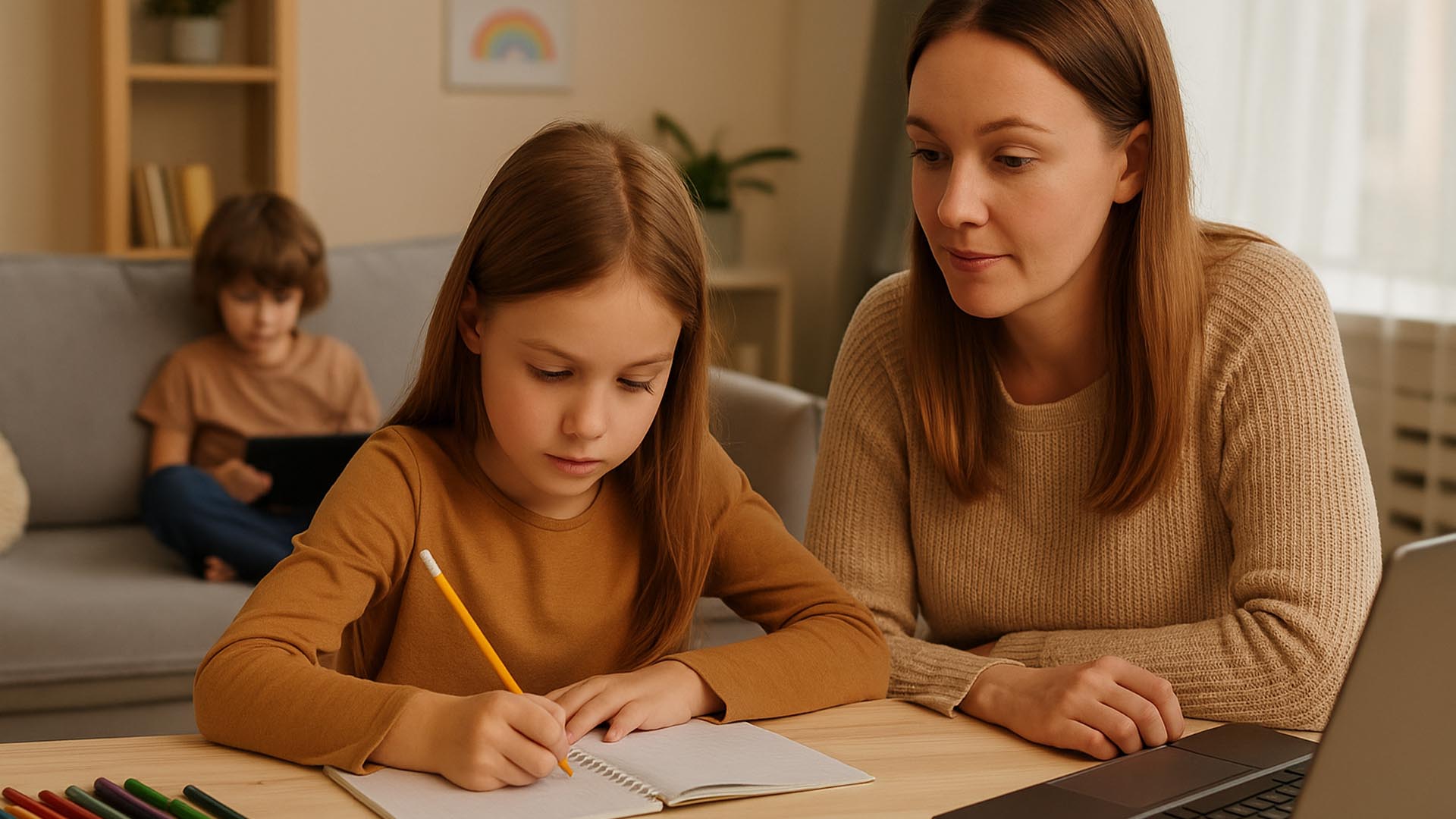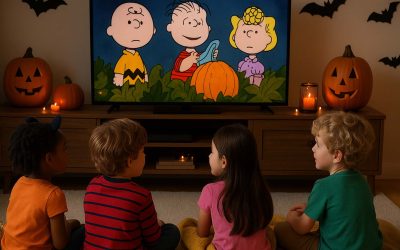Unschooling stands as a radical alternative to traditional education—kids choose what, when, and how they learn. No set curriculum, no tests—but real autonomy and engagement. Growing in popularity in 2025, unschooling has families exploring deeper connections, self-motivation, and experiential growth.
Key Principles
- Learner-Led: Kids pursue interests—be it cooking, coding, history, or art.
- Natural Learning: Daily life doubles as educational content.
- Parental Involvement: Parents facilitate learning without heavy structure.
Pros and Cons
- Pros: High engagement, reduced stress, strong family relationships.
- Cons: Risk of subject gaps, requires parental guidance, flexible accountability needs structure.
Best Practices
- Observe Interests: Let curiosity guide topic exploration.
- Supplement Wisely: Use classes or mentors for core skills.
- Track Progress: Monitor reading, math, writing through real-world projects.
- Connect Socially: Join co-ops, field trips, and group activities.
Conclusion
Unschooling isn’t passive—it’s proactive. By trusting children to pursue real interests, families build deep learning, responsibility, and joy. In a world of rigid structures, unschooling offers an authentic, flexible education alternative worth exploring.
Q&A Section
Q1: Will unschooled kids be ready for college?
A1: Many pursue higher education through portfolios, tests, or alternative admissions—when supported.
Q2: How do I know if unschooling is working?
A2: Look for evidence of growth: new skills, reading progress, engaged learning, and self-motivation.
Sources:
- Parents.com feature on unschooling








0 Comments